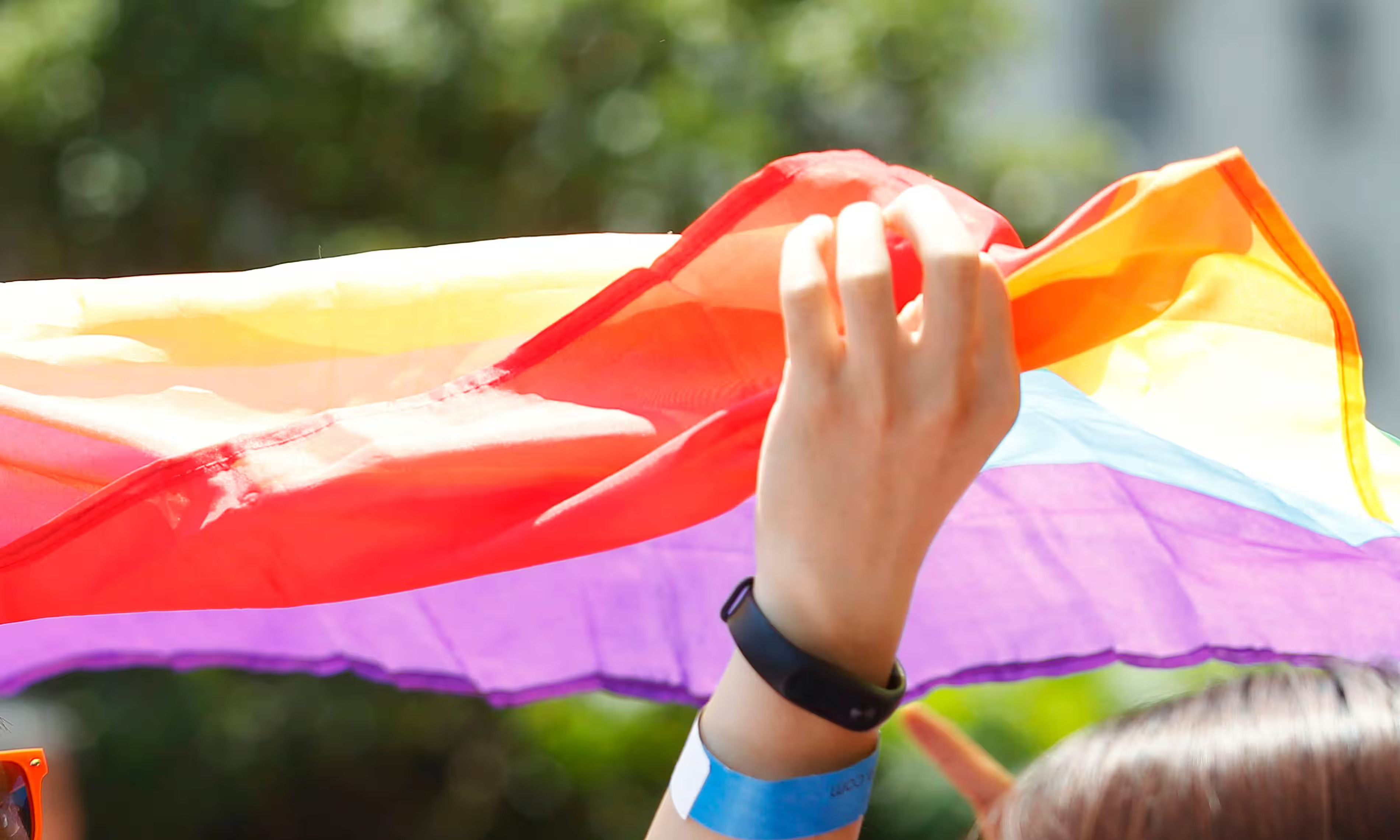After pleas for legal recognition of same-sex marriage were rejected, activist Jimmy Sham and his husband still saw a glimmer of hope
Having failed to convince appeal judges last August, Sham brought his appeal for same-sex marriages to the Court of Final Appeal, where he argued that the ban on same-sex marriage, as well as the lack of alternative frameworks, infringed upon his rights to equality.
The Court of Final Appeal rejected Sham’s appeal but acknowledged that the absence of plausible alternatives violated his rights to equality. The court called for the development of an alternative framework that imparts “a sense of legitimacy, dispelling any sense that they belong to an inferior class of persons whose relationship is undeserving of recognition.”

“The absence of legal recognition of [same-sex partners’] relationship is apt to disrupt and demean their private lives together in ways that constitute arbitrary interference,” noted Justice Patrick Keane.
It’s not the first time Sham appealed for same-sex marriage. Since 2018, Sham launched two judicial reviews to the court, with neither proving successful.
For LGBT populations in Hong Kong, the appeal ruling of the court is a “step forward,” according to Kelley Loper, the director of the Human Rights Program at the University of Hong Kong.
This latest ruling marked the first time the court addressed same-sex marriage as a comprehensive matter; in comparison, previous rulings had seen the court grant rights to same-sex couples in limited domains, such as taxation and dependent visas.
“This time, the court case is about the so-called wholesale recognition of same sex relationships,” as noted by Yiu-tung Suen, an associate professor of gender studies at the Chinese University of Hong Kong, in an interview with The New York Times.
There are also rising signs of public support for same-sex marriage in Hong Kong. A survey this year found 60% in favor of legalizing same-sex marriage, compared to 38% a decade ago.
Cover image via FreePik


















